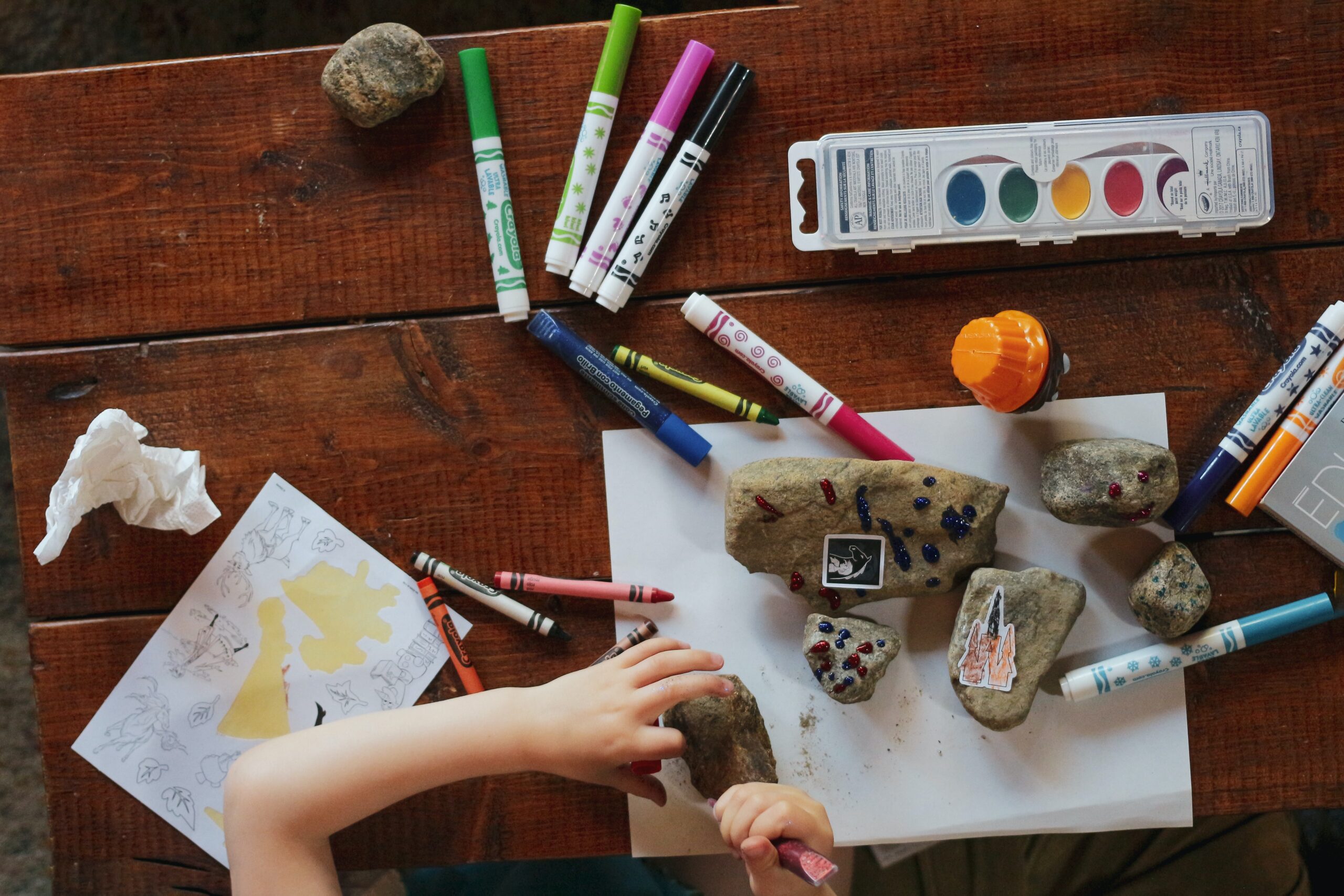The NSF Advancing Informal Science Learning proposal deadline is rapidly on the horizon. We wanted to highlight a few recommendations from past blogs to help make your proposal stand out from the crowd.
First, the AISL program prioritizes equitable collaborations among program participants. Collaboration can mean different things to different people. When thinking about how your project can advance collaboration you should ask yourself questions such as these:
- How are you defining collaboration? Who is involved in developing this definition?
- What strategies and relationships are essential to build and sustain these collaborations?
- What criteria will be used to evaluate the impact and effectiveness of collaboration activities?
Equitable collaborations extend to project finances. We encourage you to watch this webinar from NSF on creating equitable AISL budgets.
Second, don’t forget to review the AISL evaluation criteria, including the unique criteria for proposals that intend to broaden participation. Here are some questions to help you articulate your target community’s needs, resources, and engagement strategies.
- What do community members want to know? What is important to them?
- What community and cultural perspectives and assets do collaborators bring to the proposed activities?
- How does the research/evaluation align with community needs or beliefs?
- How can project findings be most effectively disseminated to community members?
Finally, take full advantage of NSF’s REVISE resource center for AISL programs. NSF has funded the Reimagining Equity and Values in Informal STEM Education (REVISE) to “Promote equitable practices that support the AISL program and disrupt patterns of inequity across the ISE field.” They’ve curated a page of rich and informative resources, including webinars and key NSF documents.
Good luck to all those who are submitting AISL proposals! If you are planning or considering an application for AISL and are seeking a research partner or evaluator, we encourage you to contact us as soon as possible to discuss your project needs. We are always happy to share what we’ve learned to help you develop a strong proposal.
